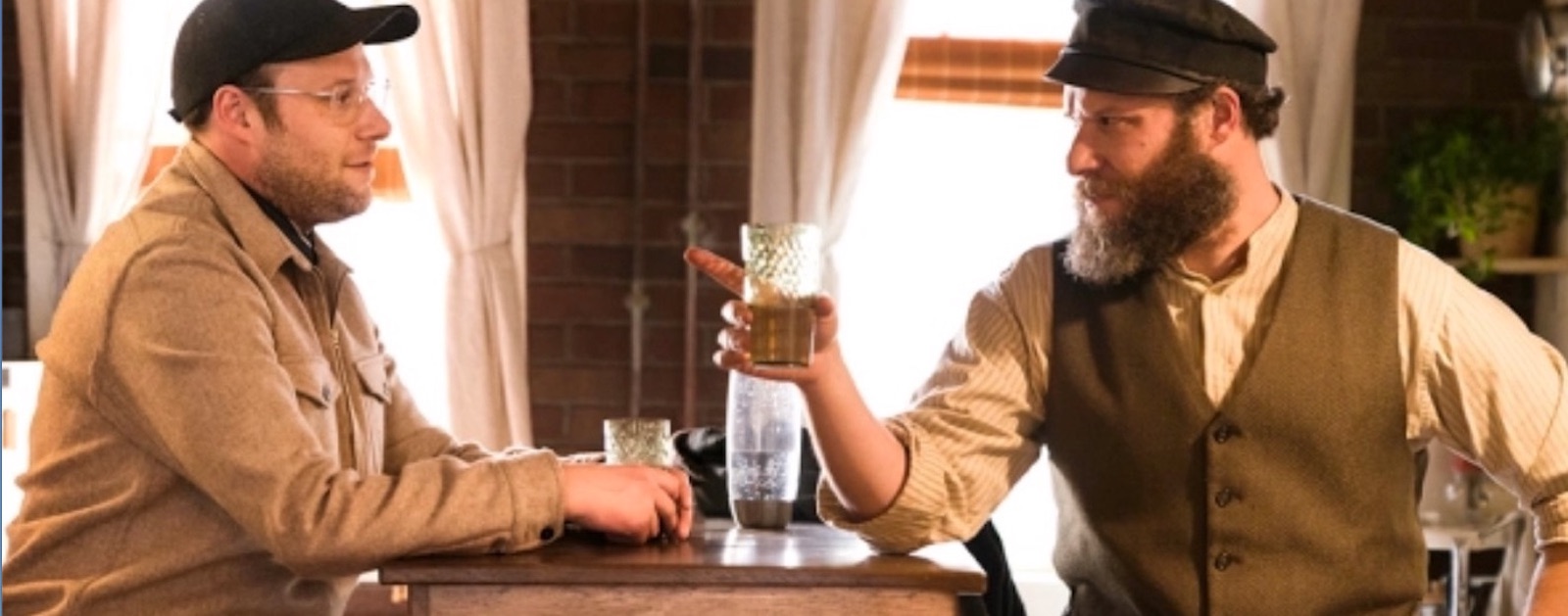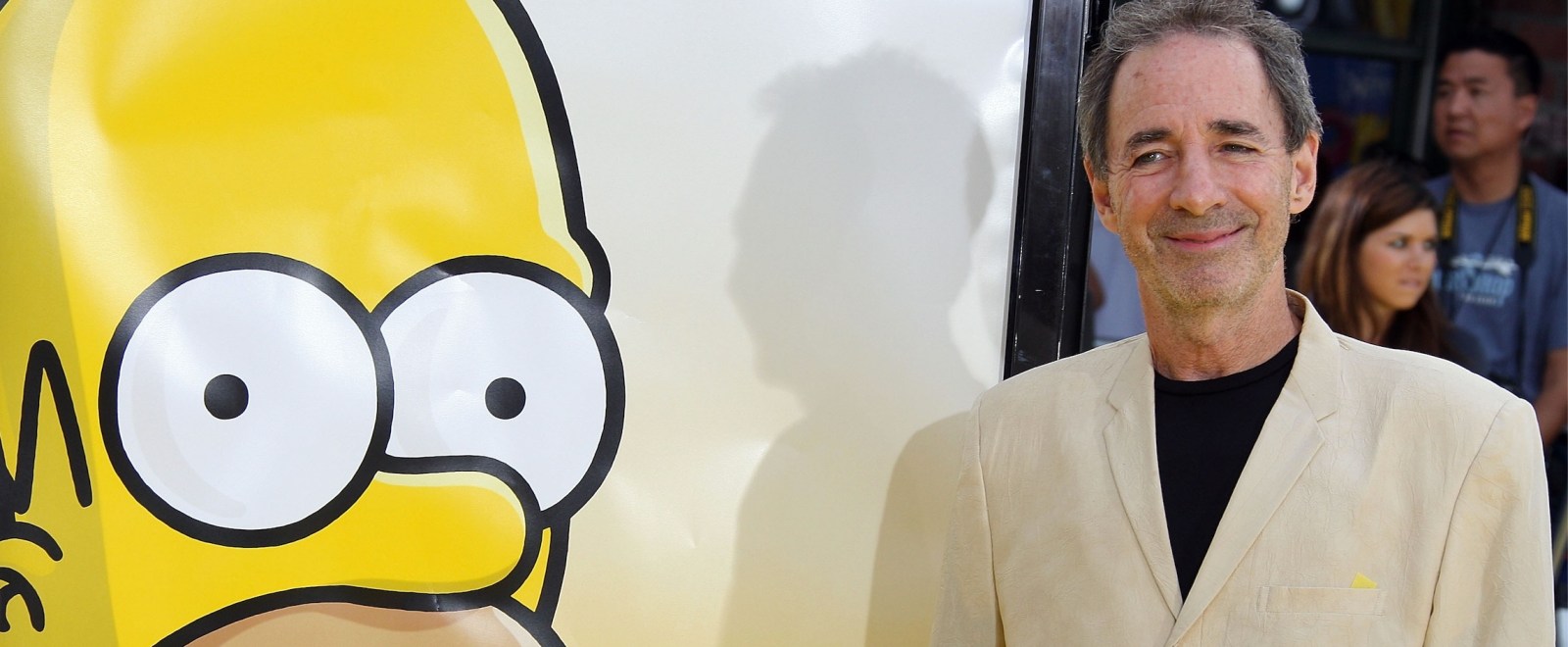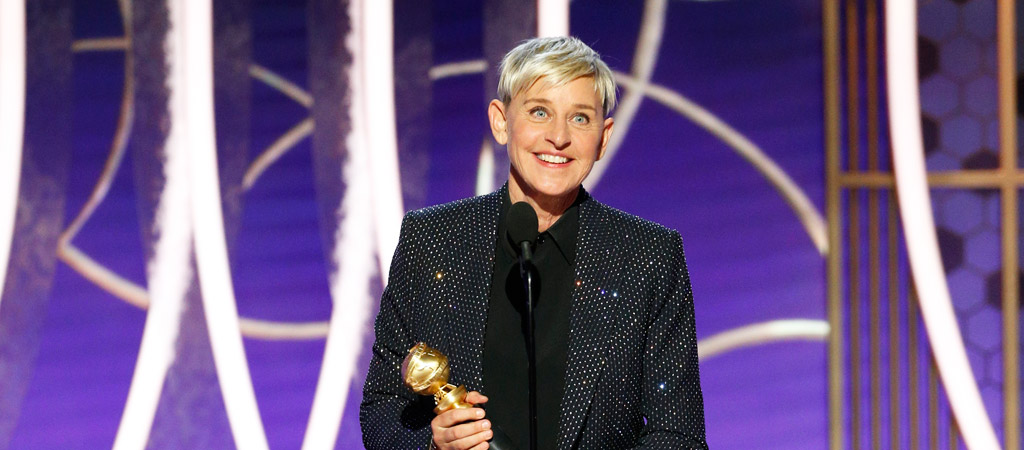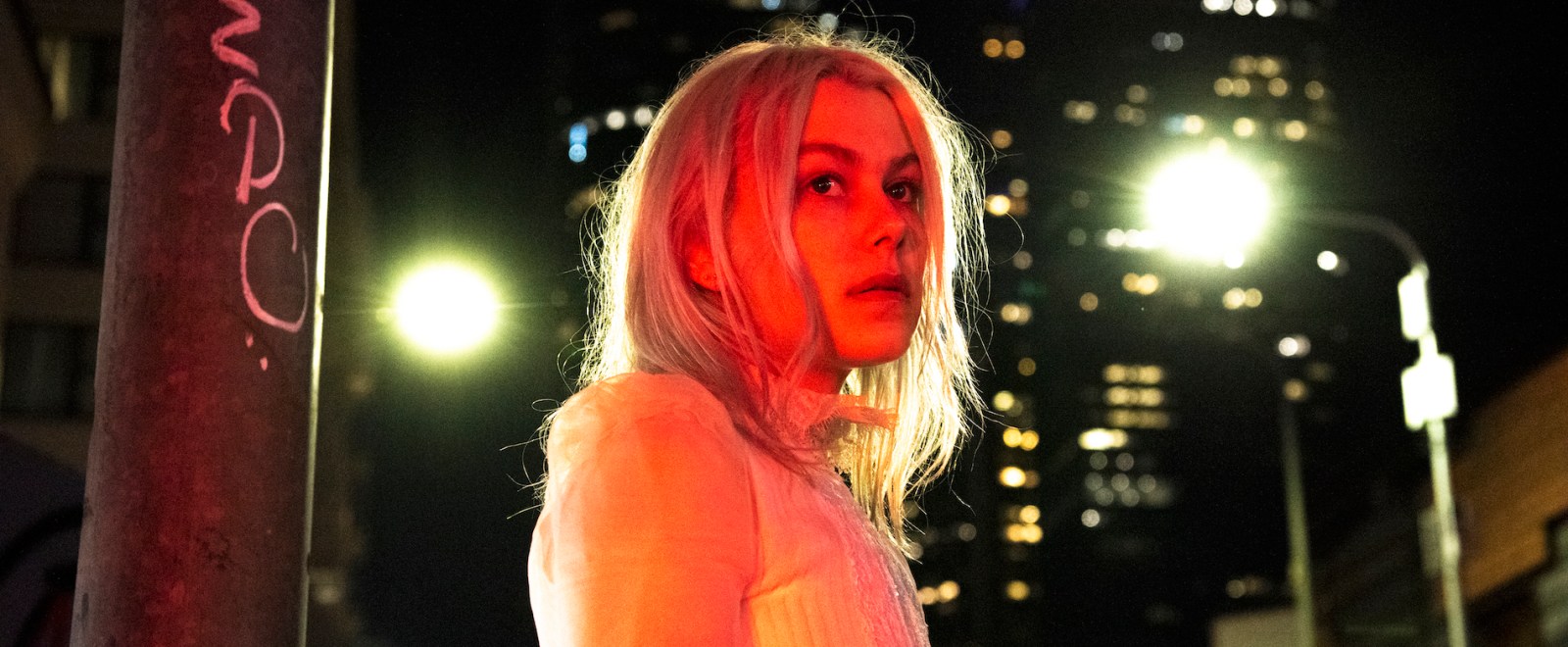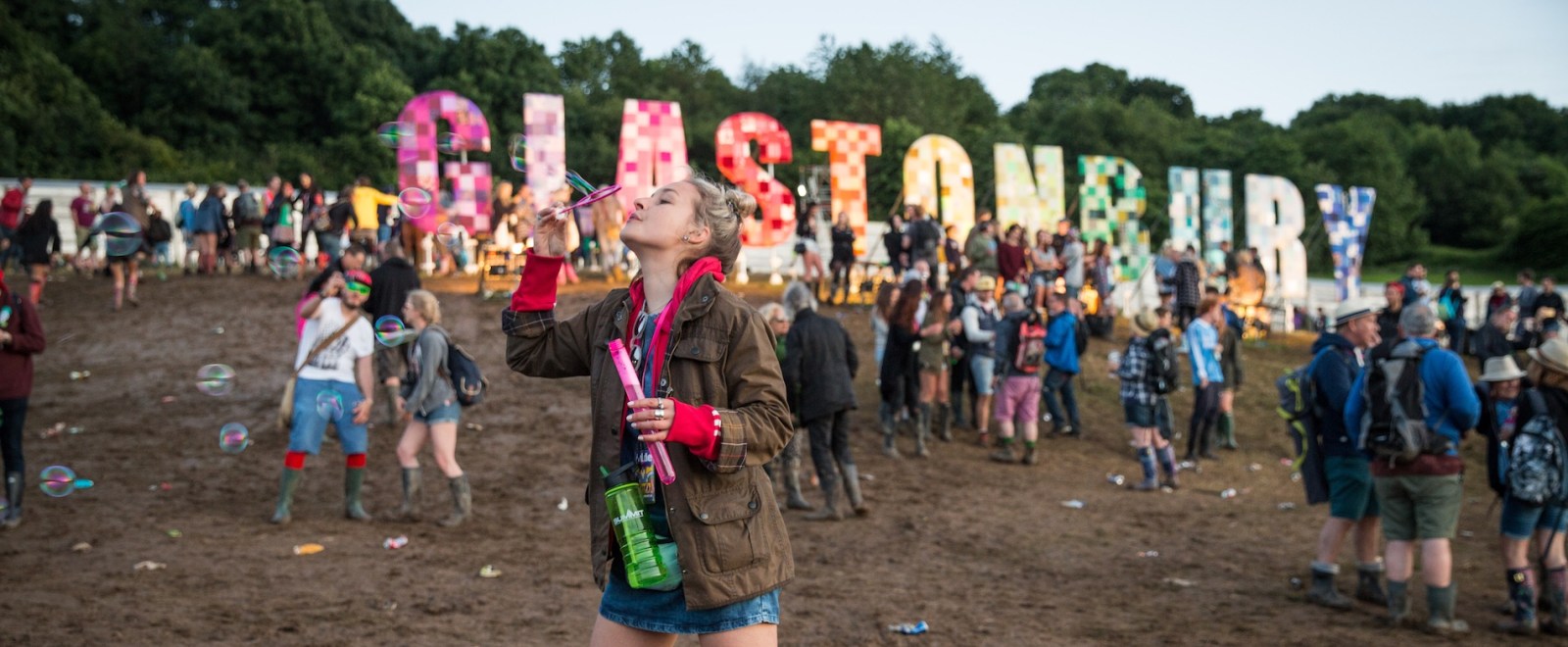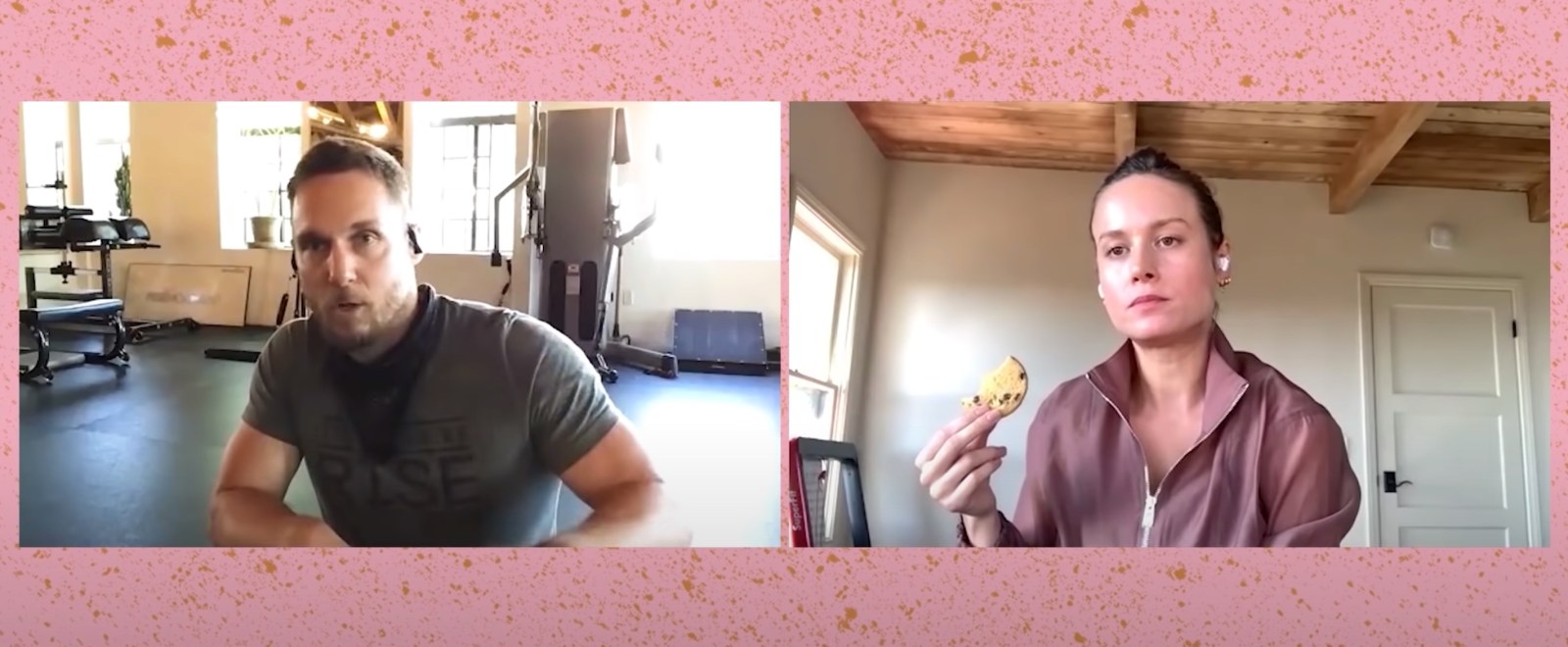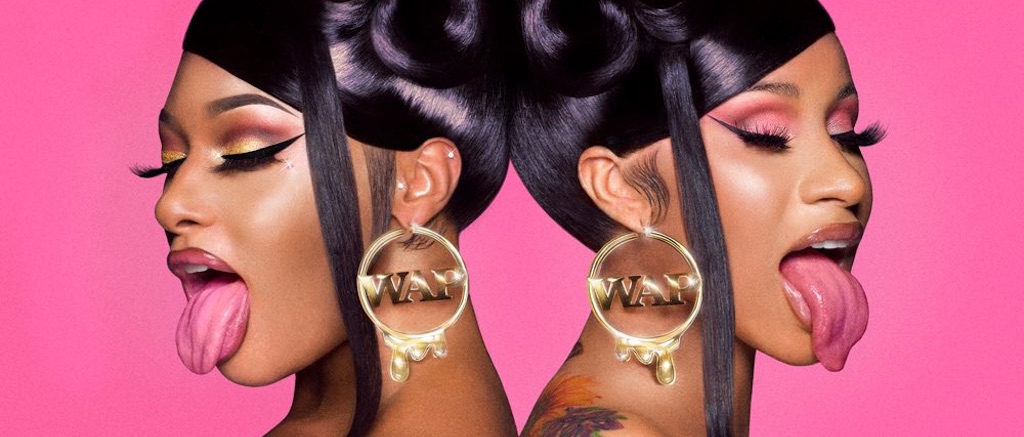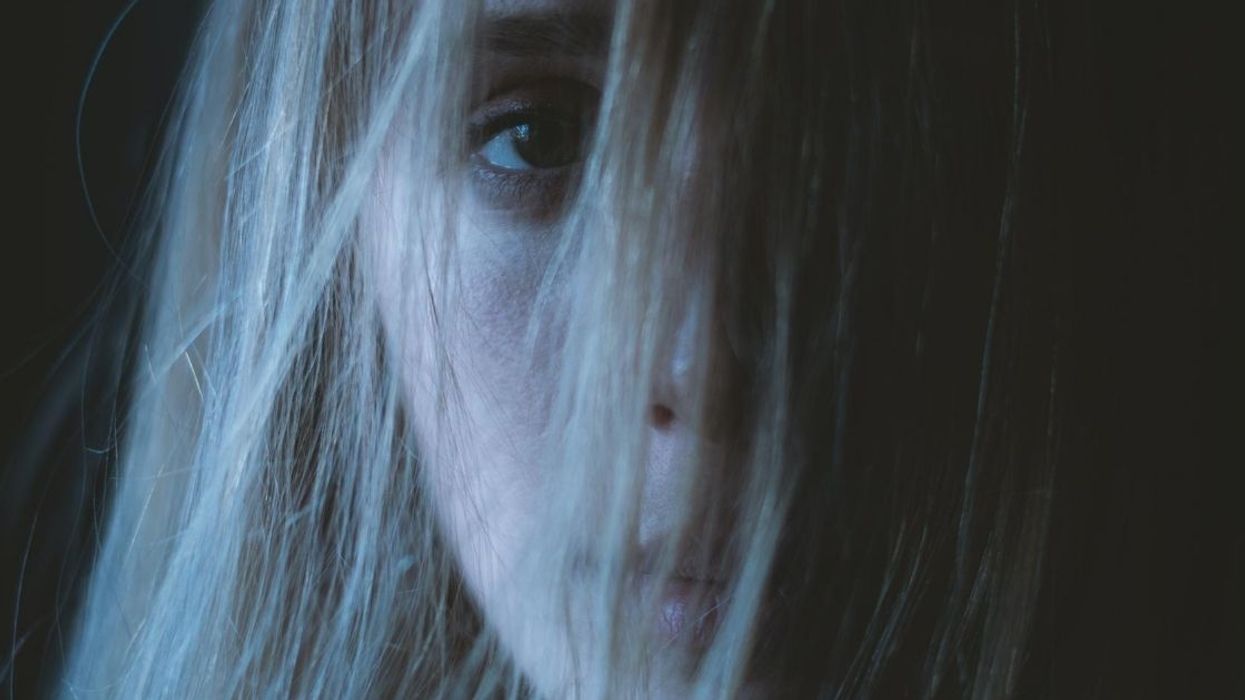In recent years, the NBA has become a more welcoming place for conversations about health, especially on the mental side. Players have begun using their platforms to promote mental wellness and the importance of taking care of your mental health in the same way as your physical well-being.
For Blake Griffin, he’s long been on a personal journey to explore the world of health and wellness, growing up in a health-conscious household and being a health and exercise science major at Oklahoma. Now, he’s taking that personal interest into the podcast space with his aptly titled “The Pursuit of Healthiness” podcast on Audible, which released all 10 episodes of its first season on August 4, available to all Audible subscribers — with a second season already greenlit.
Griffin’s guest list for season 1 includes Michael B. Jordan, Ariana Huffington, Chelsea Handler, Karlie Kloss, Deepak Chopra, and more, as he talked with each about their own wellness journeys and what they’ve learned as leaders in their respective fields. Griffin spoke with Dime this week about the podcast, the importance of having these public conversations about mental health, the mental side of injury rehab, and much more.
Before we get into the podcast, what has been your personal process for working out and staying healthy physically and mentally over the past few months?
I really just tried to put together sort of a routine, just to try and stay sane and to have structure to my week and days. So I do my workouts in the morning and that leaves the afternoon for different stuff, whether we were recording an interview or a zoom meeting or phone calls, whatever it may be. Then sort of saving nighttime for relaxing, and that way I just didn’t — like, the first week I felt like the days were slipping away from me if I didn’t have my routine in place. So I’ve really been doing that the whole quarantine besides the first week.
From a workout perspective, it’s a long time to go without being in a team facility. How have you adapted, because there is such a difference in being in basketball shape and maybe being in gym shape or workout shape and try to stay at least close to that basketball form?
Yeaaah, I think for the most part I’m lucky because I just moved into a new house, and I made a gym in it in one of the rooms. So I at least have pretty much everything that I need, so from that I was able to get those workouts in, and also just like, the team and my trainer personally sent different conditioning workouts to switch it up and emulate some sort of basketball shape, as close as you can anyways — it’s sort of impossible. That’s sort of how I’ve gone about it. Not perfect, but it’s definitely getting the job done.
Where did the idea for “The Pursuit of Healthiness” come from?
I’ve always had a pretty big interest in health and wellness. So like, my mom is probably one of the healthiest or most health conscious people that I know. Always reading nutrition books and had us taking vitamins and fish oil and drinking green juices since we were like 5, 6 years old. So, that sort of started me on this journey, and then once I got to college I was a health and exercise science major. Some of my favorite classes were the Kinesiology and health and all that, just because of the interesting things I was learning about my body and I felt like I could apply those to basketball and they can help me in that space.
So, that was sort of what sparked it, and then from there I’ve always sort of had conversations with trainers or strength coaches or team doctors about health, about the body, and all these different things. It’s always been one of my biggest interests and I realized if I was going to do a podcast, why not do it about something that really, truly interests me. And I get to have these amazing conversations with people who are leading their field or inspiring others with their dedication to their craft. So really that’s what made me want to do this, and also sort of navigate and help people understand a world that can be daunting was something that was important to me.
Like you said, this first 10 episodes is a really wide array of guests.
Yeah.
What do you feel like you personally got out of this experience of talking to these other people who are at the highest levels of their professions in the sports and entertainment and health and wellness space?
Yeah, I mean, for me — it’s a great question — I think it’s about perspective. There’s some things that I never really — like you know about meditation, but when you’re talking about meditation with [Headspace founder] Andy Puddicombe it’s a whole different conversation that maybe I haven’t really thought about things a certain way. Or if you’re talking to, you know, Michael B. Jordan about functionally training versus trying to get ready for just a scene, it’s sort of an interesting perspective, and really it just makes me think about things in different ways. I think that’s what I appreciate most about these conversations. It opens up my mind to all new experiences.
I listened to the Michael B Jordan episode and him and his trainer talking about how they really craft workouts based on the role I thought was really interesting. I was wondering if that was something you connected to as a basketball player, cause it’s not like you just go in the gym and just work out. There’s so much of a plan that goes into what you work on based on what you need to do on the floor. Is that something you wanted people to get out of this podcast is how much effort goes into the plan and focus on health and wellness for people at the top of these professions?
Yeah, I think like, that version of that for me is just the amount of work that we do before or after workouts. It’s like the first 20 or 25 minutes of my workouts is all balance stuff. It’s all things that are functional, and for some other athletes too, but basketball specifically. And that’s, you know, the boring, tedious, monotonous exercises you don’t want to do, but you have to do if you want to be good. That’s sort of how I guess I would compare that conversation that I had with him is everybody, when you talk to somebody who really does this and dedicates the time, you really learn the details, and I think the more details you know about a topic the more well educated you are.
You also discuss the importance of mental health and him going to therapy, and how there’s this shift in perception with this current generation about allowing yourself as a man to be more vulnerable. How important is it to have those conversations about that publicly as a prominent male athlete and to be able to do that with a prominent male actor and do that in a public forum?
I think it’s very, very important. For so long, people in general have a hard time talking about feelings, and men are sort of taught from an early age that you don’t talk about feelings, you don’t show emotions, you do this and this. Especially Black men and especially Black men who are athletes. We’ve sort of chosen this world where it’s not a popular topic of conversation and I think that needs to change because it can really help people. A lot of the times when people are hurting and need to talk to somebody, it’s invisible to everybody else. You know, as athletes, being hurt physically, it’s very easy to see, but like that mental side, the part where people are struggling that you don’t see, you’re sort of going through life and nobody knows about that. And I think just normalizing that conversation is a step in moving in the right direction, because we all deserve to have the help that we need when we need it. That’s a huge part of it, is just people feeling comfortable with even talking about it.
You mention in that episode the toughest time in your career was having to sit out as a rookie. You just went through another surgery and rehab with your knee. What have you learned about the mental side of rehabbing an injury from your career? Because like you said, we can see the physical injury, but there’s a mental side of the rehab process and being off the court and trying to work your way back that I think that often gets lost in the discussion?
Yeah, I think one of the biggest things that I don’t think people truly understand is how mental or how tough mentally going through a rehab process is. Not only do you not feel great because you had surgery or whatever it is and you’re having to rehab this specific area, you’re also having to do all the other workouts and stay in as good a shape as possible. That’s one part of it, but for me, the other part is, basketball’s been taken away, you know. So, that’s the one thing that I truly, truly, truly love doing, and have for as long as I can remember. So when you take that away, it affects you mentally and that’s why in most of these episodes I hit on some sort of mental health or mental wellness, just because whether you’re an athlete, doctor, therapist, public speaker, that’s something you can really lean on and is important to address. So, those are sort of some of the things that go into rehab, but I think talking about that and making it aware to people that it’s a mental battle every day when you’re rehabbing an injury is important.
What do you hope people can take away from listening to this podcast and take into their lives?
Honestly I hope that answer is a little different for everyone. I hope people get something out of it, but everybody’s so different. Some people need to hear different things. If they hear Ariana Huffington stress putting your phone down and really taking care of yourself or getting an extra 30 minutes of sleep a night, I think that’s important. If they hear Andy Puddicombe talk about meditation, you can go on and on down the list. Everybody had a very unique perspective and something to say that no matter what it is, I hope people can at least take something and feel like they’re living a better or healthier life or improving themselves in one way or another.
I know Season 2 has been greenlit already, what are your plans for expanding this series and where you want to take it next?
Um, obviously still staying on topic but for me it’s about finding more and more people that have the interesting perspective, that have something to say, and being able to navigate those conversations to make them make sense to people. I was really proud of Season 1 and I thought that our team did a great job of helping find guests and do research, and really just looking forward to improve upon that in Season 2.
